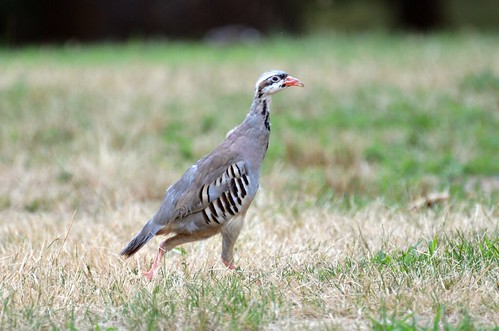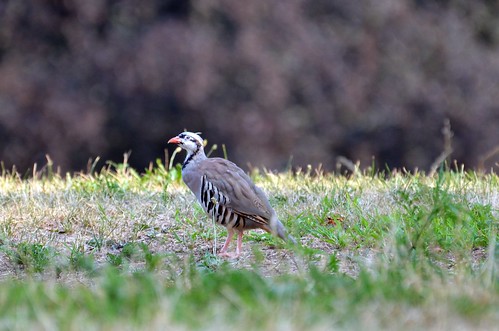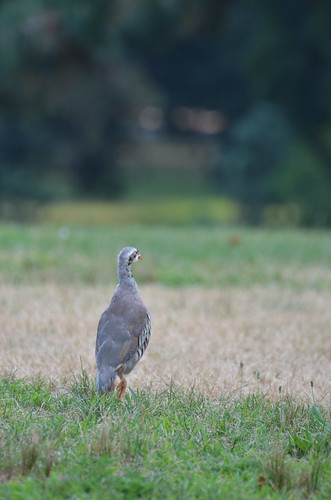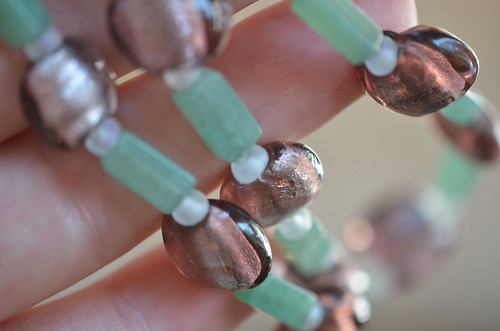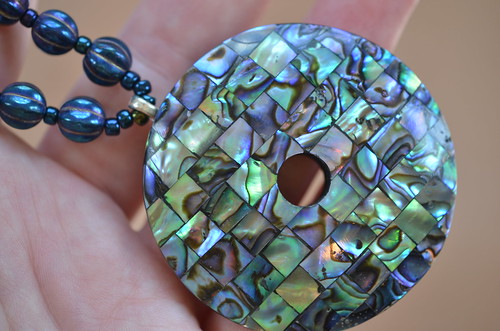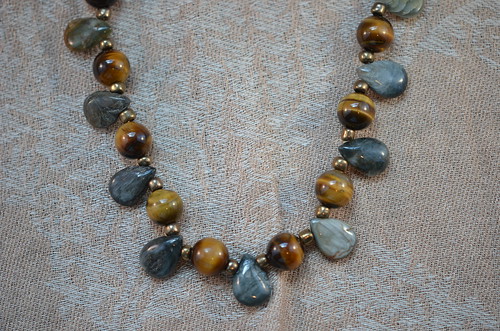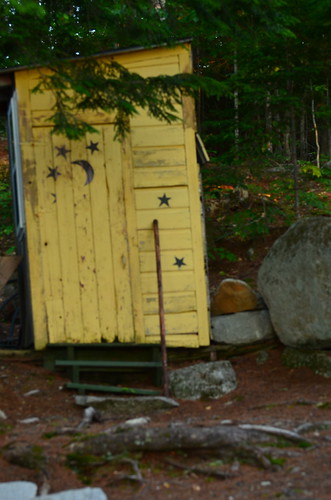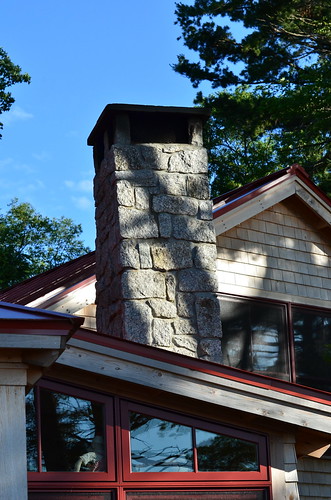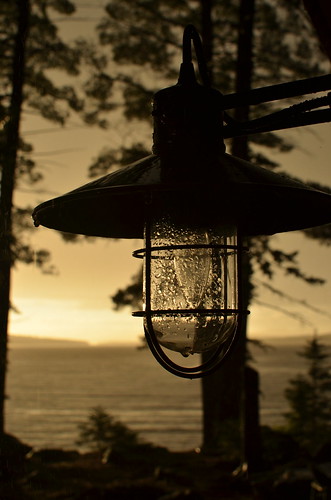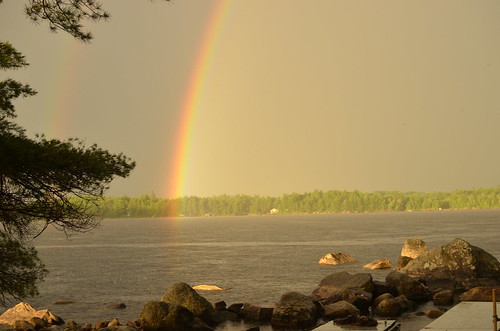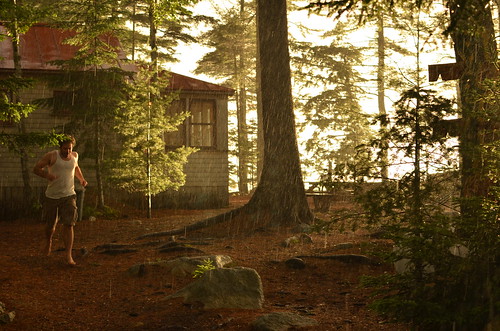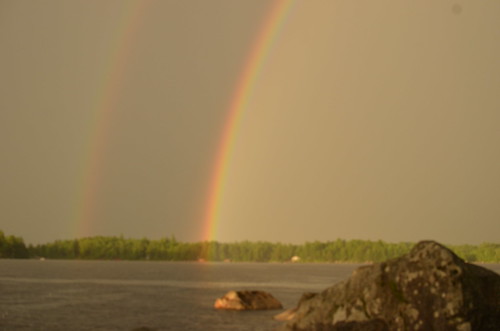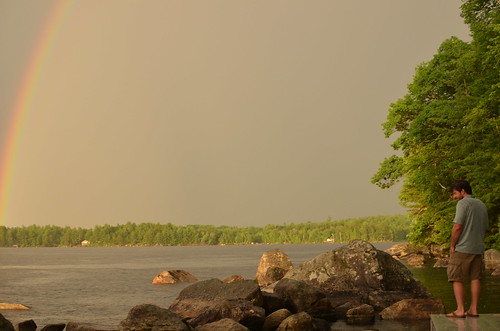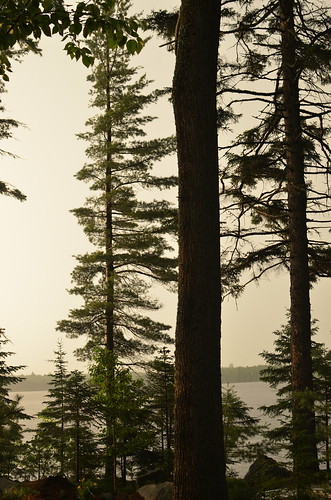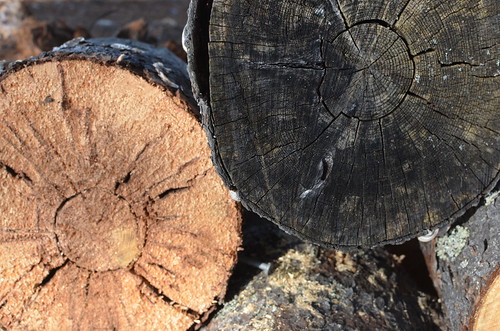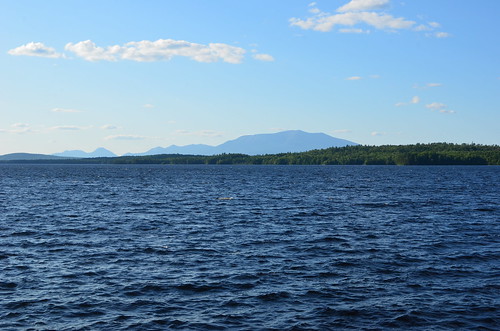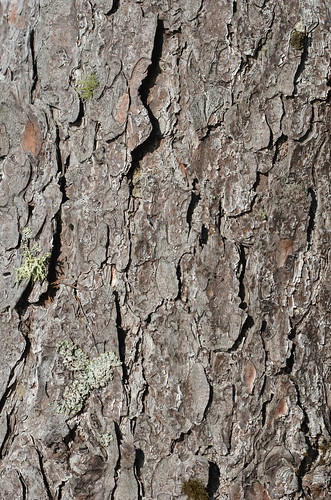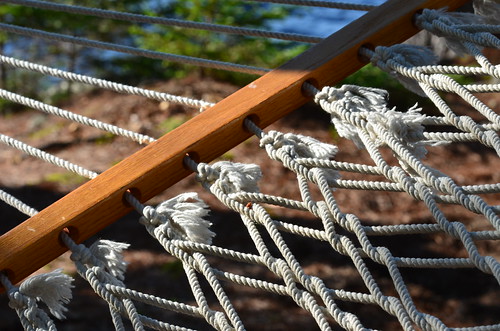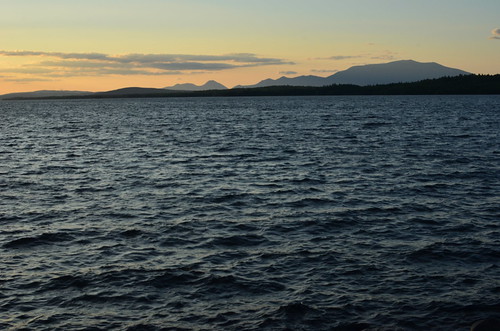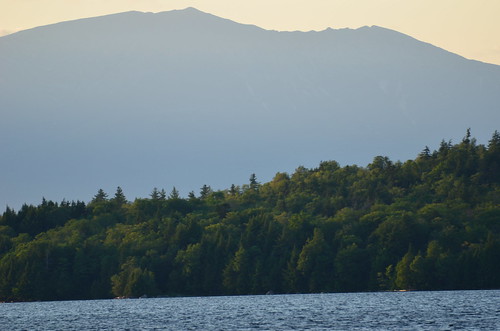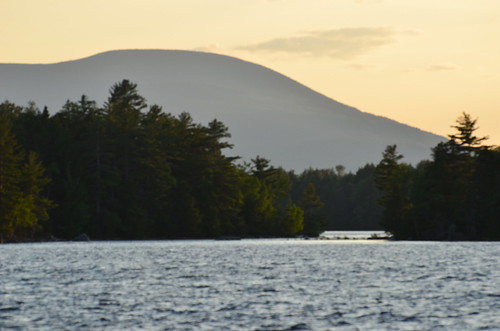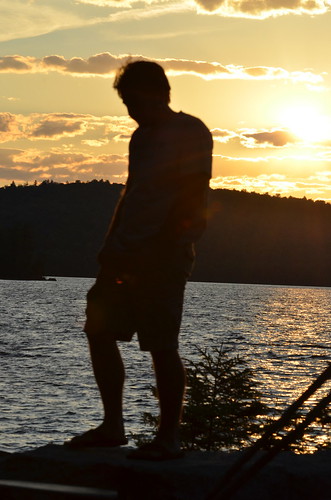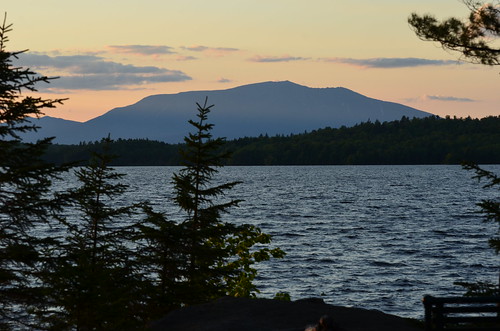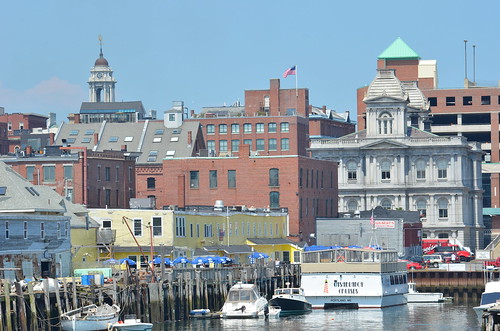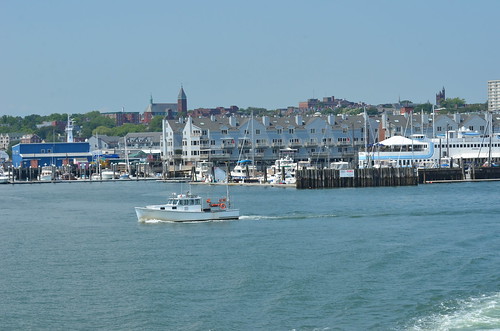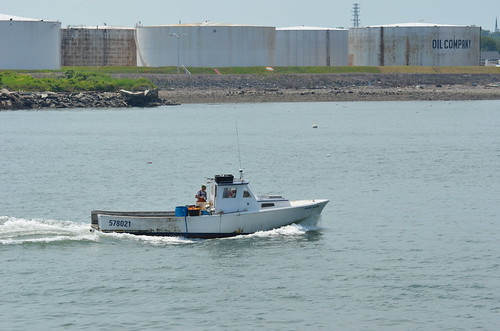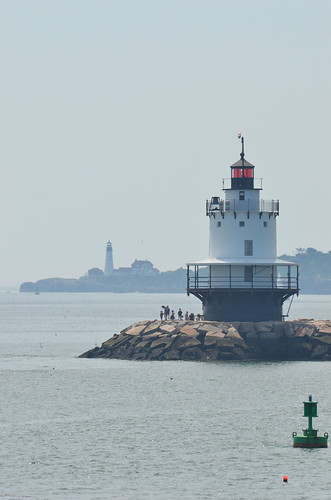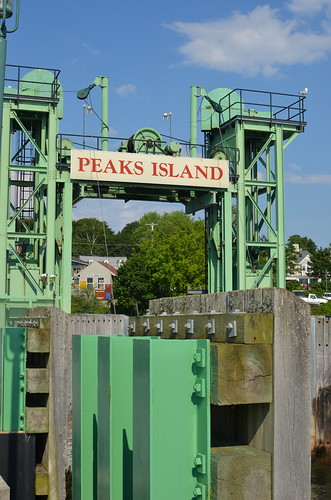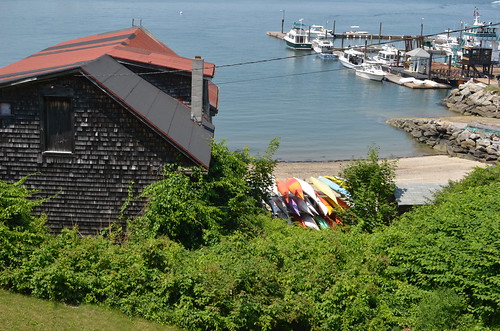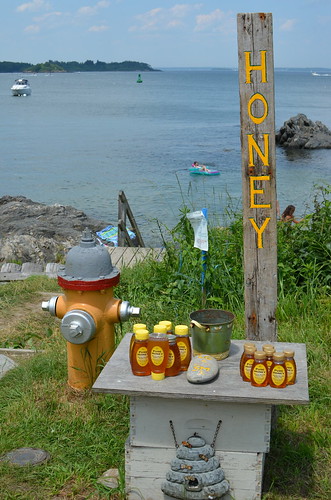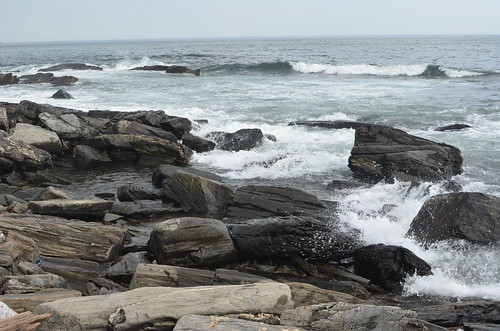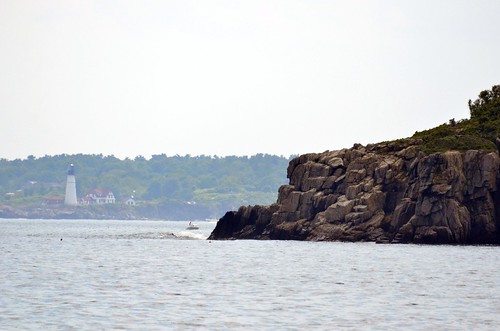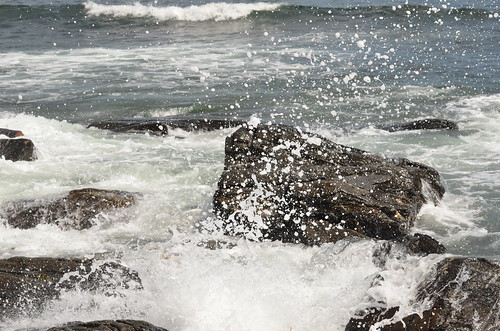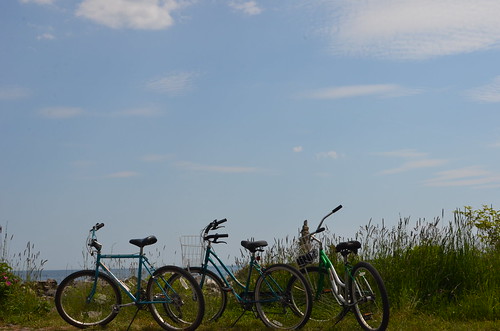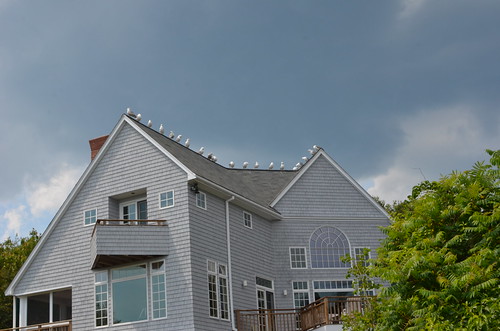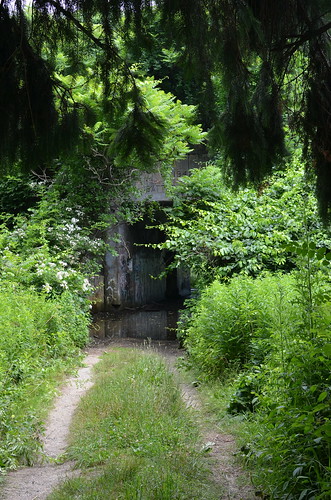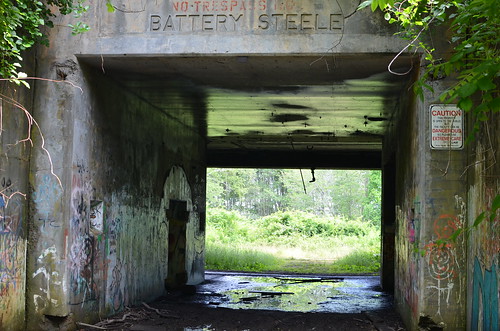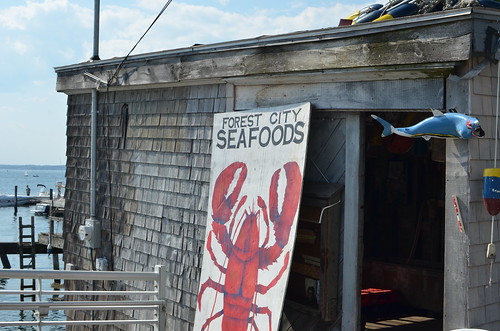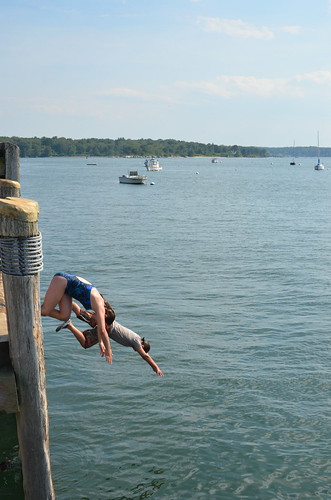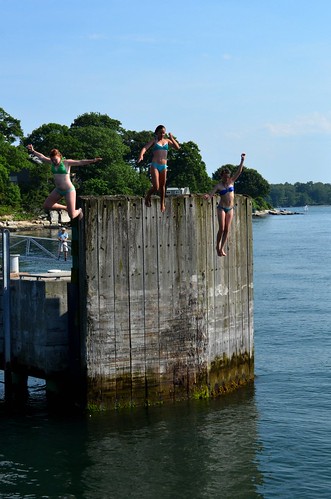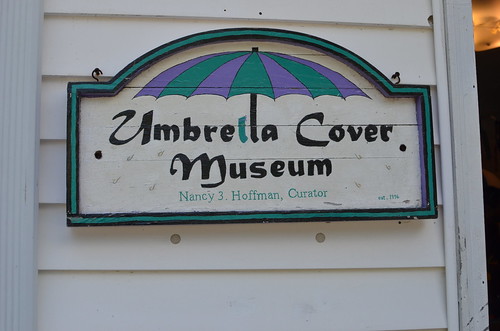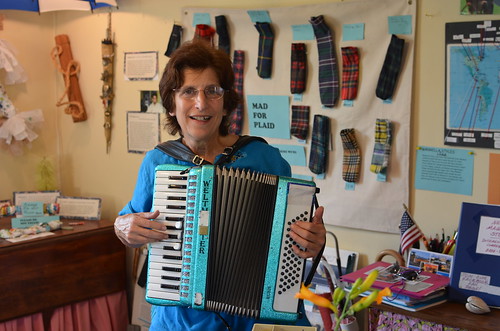If an economically depressed town slips further during a financial crisis, does anyone realize it?
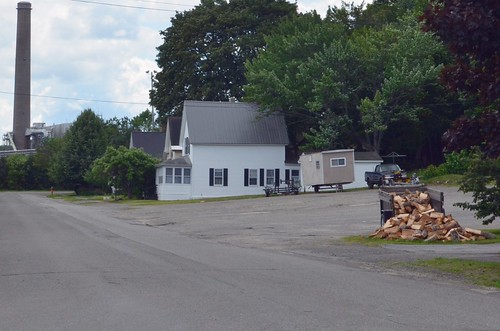
Millinocket is a small town in Northern Penobscot County in Maine. The closest big town is Bangor, which is about an hour and a half south. It's an isolated little community that was built up around paper mills, which caused it to become a boomtown at the turn of the last century. All those trees that blanket the state were processed into paper. The lake where our camp is was once a main place to float the booms of trees out of the great north woods. The lake water is a peculiar shade of yellow because of it- the pine tree bark would shed off in the water, and over time, it caused higher acidity in the lake.
My Grandfather grew up there. He still lives in the house that his father built, on a very quiet residential street on the edge of the mill property.
Sadly, the heavy and sighing of the mills is silenced now. The paper industry packed up and moved to Canada and overseas. While they still log the north woods here, the trees are shipped elsewhere to be processed. The train tracks leading up to the old mill are overgrown with weeds.
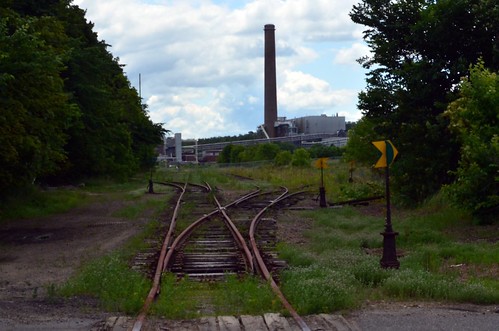
While people still do live here, the town has a sad, abandoned feeling to it as most of the businesses have packed up and left. The main street only has a handful of shops still open. The people who are left depend on the tourist who come here- sport fisherman and hunters, snomobilers in winter, and hikers and outdoorsy people really wanting to get away from it all. Thoreau did- he wrote "The Maine Woods" in this area. The Appalachian Trail terminates near here so there are always hikers coming through. Aside from that, there really isn't much going on. My Grandparents have to travel all the way to Bangor for doctors and shopping and entertainment.
Roxanne Quimby wants to open a national park here, which most of the locals protest as people depending on hunting and fishing tours would be out of a job.
Old postcard pictures of the town show a kind of Switzerland of the Appalachians.
We took a walk down Main Street with my Grandfather, who walks faster than me. Seriously. I couldn't keep up.
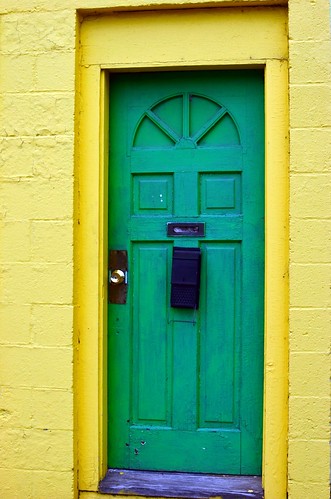
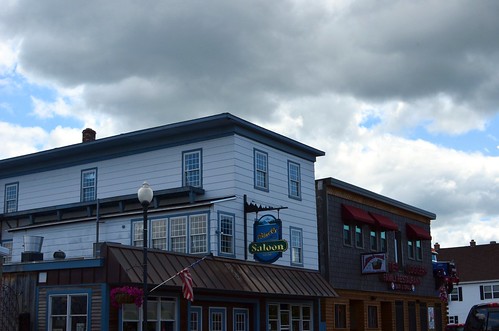
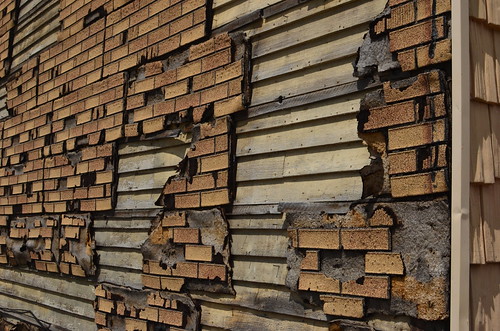
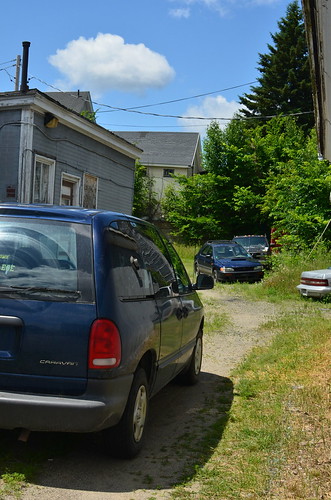
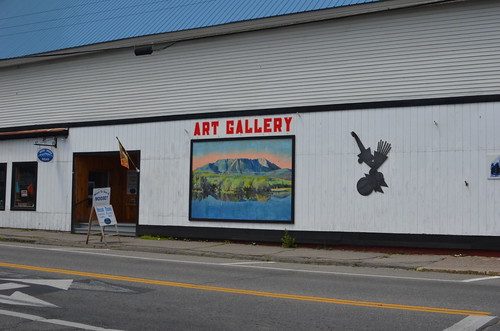
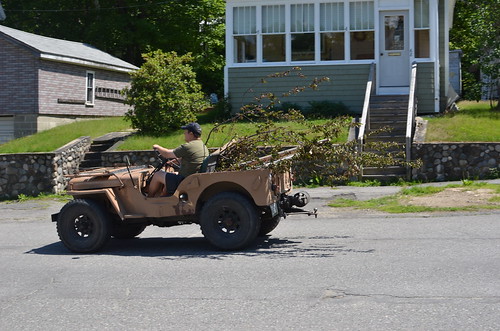
It can't be easy to see the town you grew up in turn into such a sad, decayed place. There are a few cafes on Main that seem to be doing well, a bowling alley, an art gallery and a hiking outfitter. There were so many abandoned storefronts in between. It was really eerie.
This is my grandfather. He's really into maps.
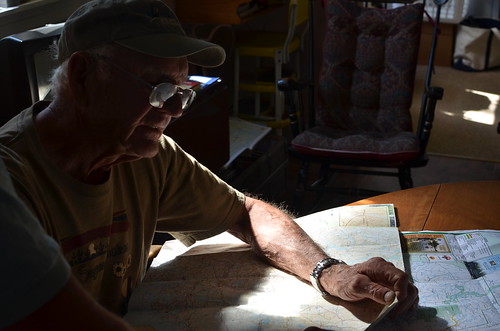
Also, he can kick my ass at many things. He fixes everything. He remembers everything. He hitchhiked across the country several times. He made his own beer. He smoked corn cobs to keep the bugs away. He was a Marine. He loves the Red Sox and listens to every game on a battery-operated radio that is older than I am.
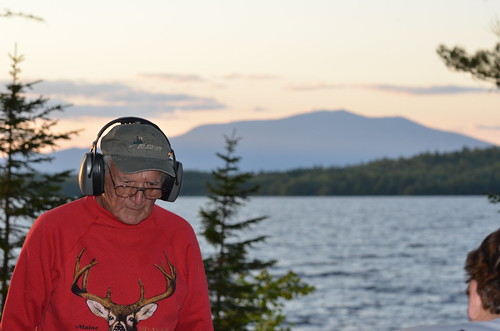
He still chainsaws tree stumps when need be. Really, at 85. He's amazing. He just doesn't stop.
On the way back south, we stopped by one of my favorite places to eat- the classic A1 diner in Gardner.
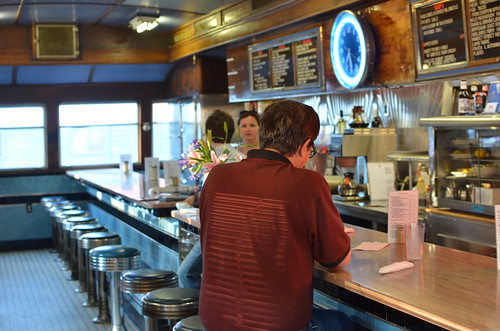
It's a classic 1946 dining car that's set up on stilts 30 feet up to avoid the nearby river flooding.
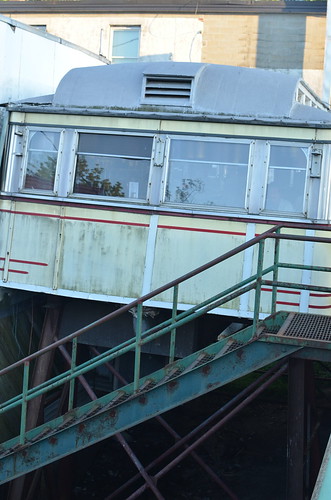
Oh, PS...the food is amazing. They have a menu of greasy spoon standards, but they have some above and beyond fancy food as well. They specialize in local ingredients and producers- beer, seafood, condiments. It's really a unique place.
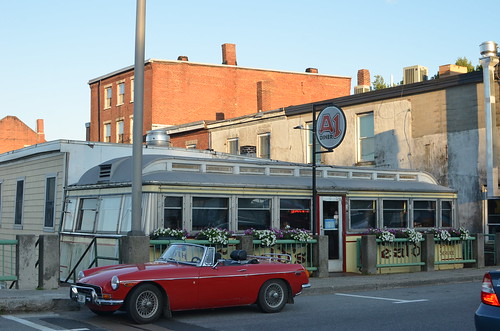
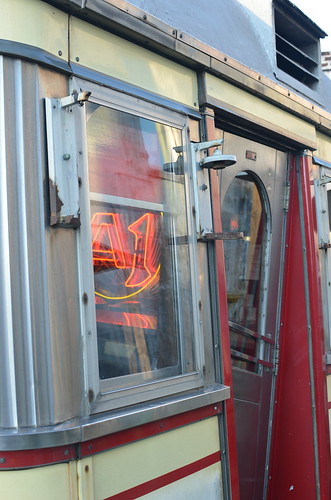
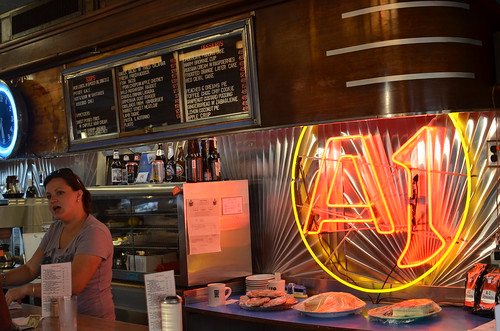
I can't seem to go through the August/Gardner area without stopping in here. I am convinced that it can not be done.
